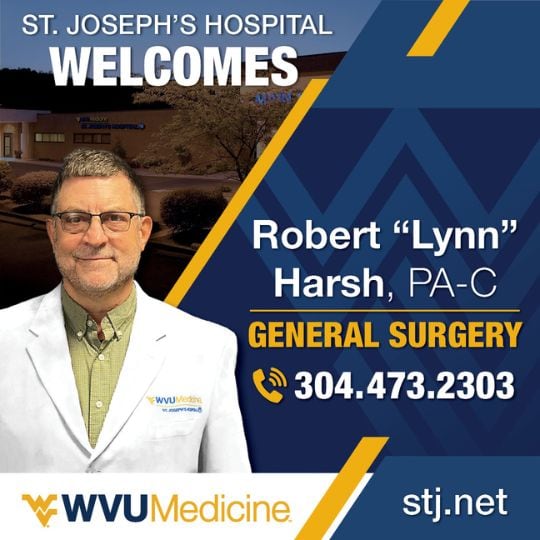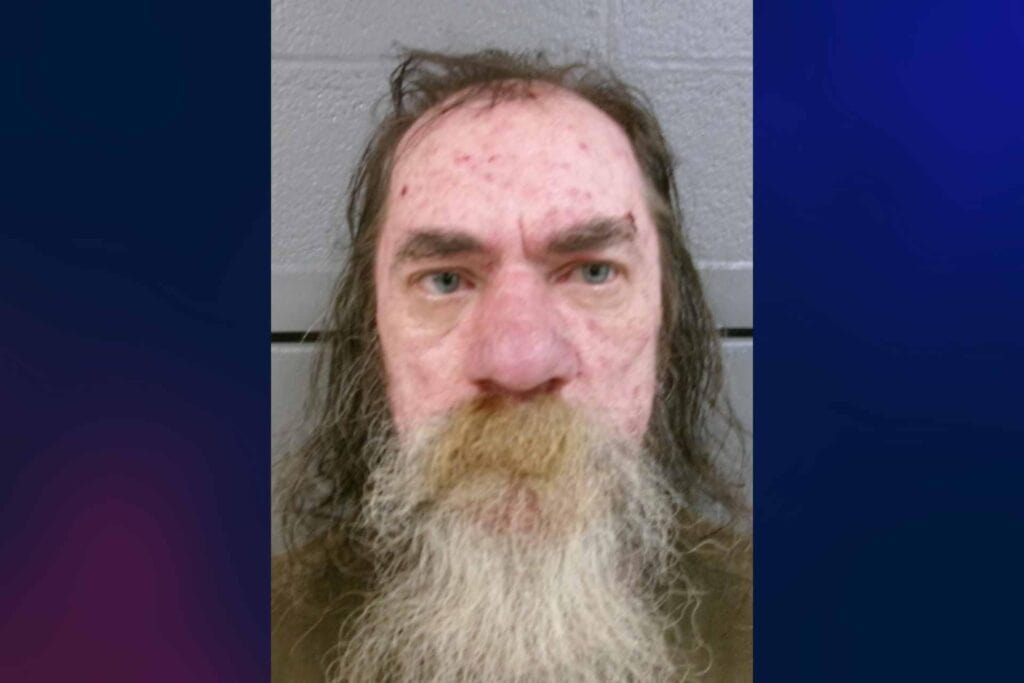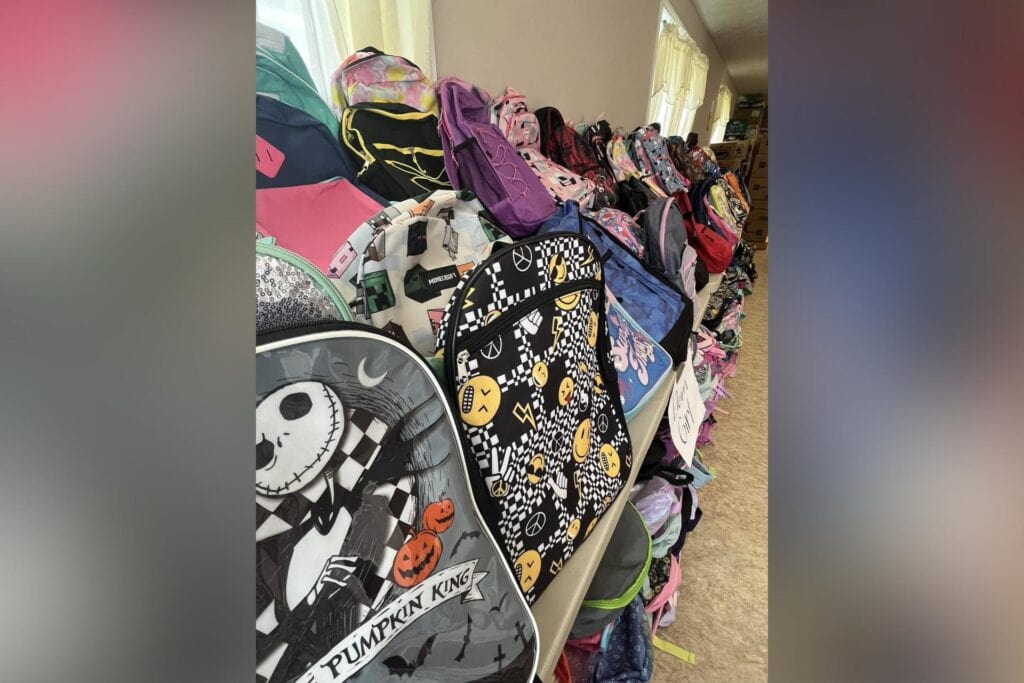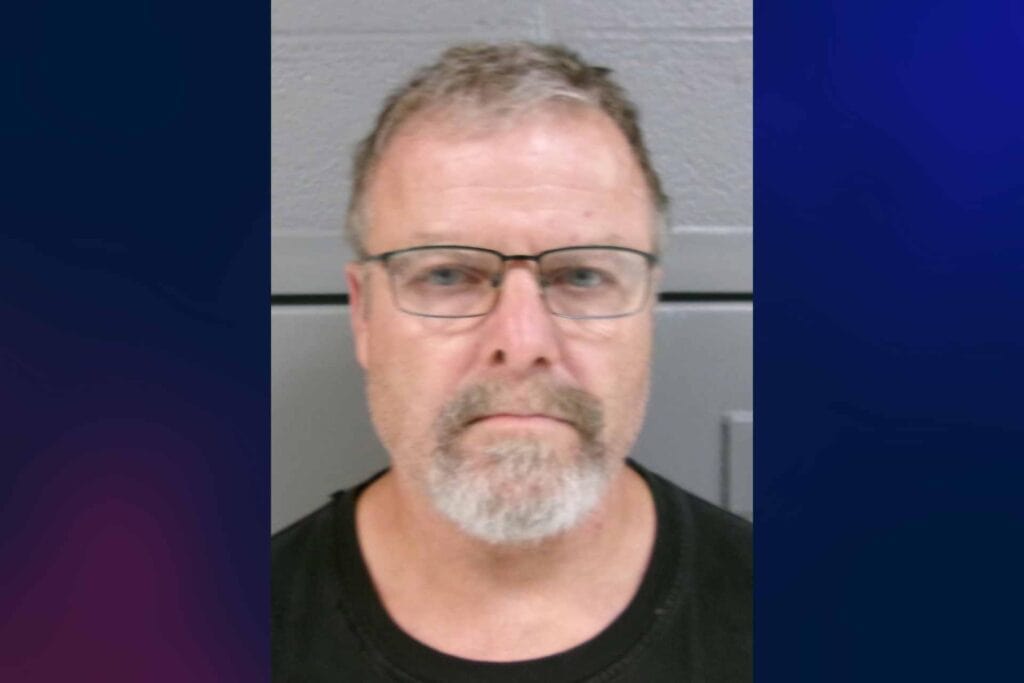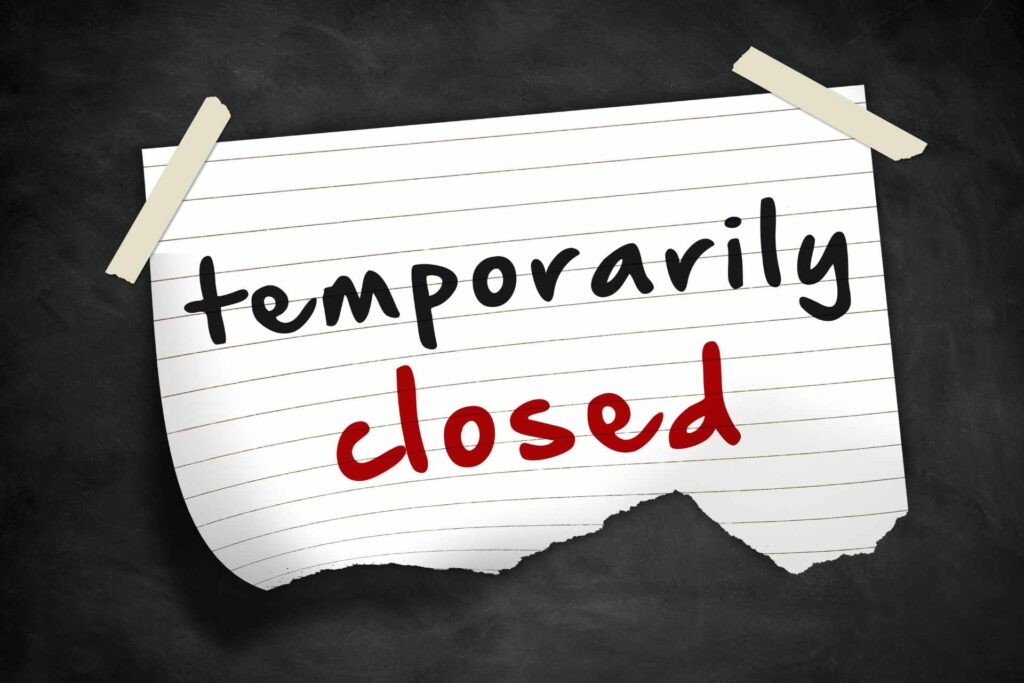West Virginia University researchers are changing how college mathematics is taught by evaluating and sharing a model for problem-solving that supports what students learn in other courses like business or biology.
The new model for teaching mathematics hinges on faculty from different departments collaborating in ways that transform the traditional mathematics syllabus. It’s part of an effort to increase mathematical literacy among college graduates nationwide and ensure the U.S. can meet its scientific and technological challenges.
The project, which has received National Science Foundation funding since 2016, is seeing renewed NSF support this year and is led by mathematician Susan Ganter, senior associate director of the WVU Center for Excellence in STEM Education.
“Most students have difficulty applying knowledge from their mathematics courses to problem-solving in other classes like engineering, economics or chemistry. There’s an urgent need for an integrated science, technology, engineering and mathematics curriculum that prepares our future workforce to make those connections and articulate all kinds of problems in quantitative terms,” Ganter said.
“Mathematics classes and other classes should align. The key element of our model, known as SUMMIT-P — or Synergistic Undergraduate Mathematics via Multi-institutional Interdisciplinary Teaching Partnerships — is the immediate reinforcement of mathematics concepts in a variety of classrooms, creating shared context across different content areas. That happens through interdepartmental partnerships between faculty.”
Ganter first envisioned SUMMIT-P more than two decades ago, after many years as a mathematics professor watching students struggle. She and her colleagues knew 95% of their students weren’t going to be mathematics majors, but they also knew virtually every major required mathematics in some form.
“Our question was, ‘Are we giving students what they need?’” she said. “We ran many workshops with people from other disciplines and put out a report on the commonalities across 22 disciplines in terms of what their students need from mathematics. The similarities in how faculty across departments answered our questions about mathematical content was amazing — faculty from physics and engineering to the arts and humanities all said the same thing about the mathematical skills their students need, including the ability to apply mathematical concepts and think across disciplines.”
SUMMIT-P was the response — a guide to redesigning introductory college mathematics courses and the partner discipline courses they support so the ideas resonate across students’ academic experiences, supporting their ability to solve real-world problems.
Ganter said the SUMMIT-P model already has proven successful at about 15 institutions that have seriously implemented it over the past 10 years.
At one university, students studied social work and nursing using algebra and precalculus to assemble a monthly budget for a shelter for victims of human trafficking. At another, students applied differential calculus to chemistry in their mathematics class to understand how the body absorbs sugar in the context of diabetes. One group of students used polynomials for engineering applications to calculate the energy collected by a local Native American tribe’s solar array. Elsewhere, students learned to mathematically model the wave patterns of EKGs of real patients, including EKGs of their own hearts. These modules and others are now available for any institution wanting to implement the SUMMIT-P model in its courses.
More than 170 faculty members representing various disciplines at over 40 colleges and universities are part of the effort to make SUMMIT-P accessible and sustainable for different kinds of institutions. Their work to date has affected an estimated 90,000 undergraduate students.
“Already, outcomes indicate students are seeing more connections between mathematics and partner disciplines,” Ganter said. “SUMMIT-P is giving students an answer to the question, ‘Why do I have to take this mathematics class?’ Now we’re researching which aspects of the SUMMIT-P model have really been impactful at some institutions, while also trying to understand why other institutions still are struggling to make it work. We’re creating a short list of criteria that we hope will be the formula needed to implement this model successfully and keep it going — at any institution.”
WVU undergraduate students will assist with the project, which also involves Gay Stewart, the Eberly Professor of STEM Education in the Department of Physics and Astronomy at the WVU Eberly College of Arts and Sciences, and director of the Center for Excellence in STEM Education.
“Student success in mathematics is a key factor in overall college success,” Stewart said. “Particularly for students pursuing degrees leading to some of the higher paying careers, it can be the primary obstacle. Our students often come to us not seeing what mathematics is for, which impedes their ability to learn it, and SUMMIT-P specifically addresses this problem. We are so pleased to be able to help lead this effort.”
Stewart and Ganter have seen changes in faculty attitudes about the role of mathematics in the undergraduate curriculum, with faculty developing teaching modules in response to each other’s “wish lists.”
“This project has validated what many faculty knew,” Ganter said. “Now they have a venue to make transformation happen and find support for questions and challenges. Seeing so many who are now engaging with us to do the best for their students is very rewarding and gives me renewed energy.”


